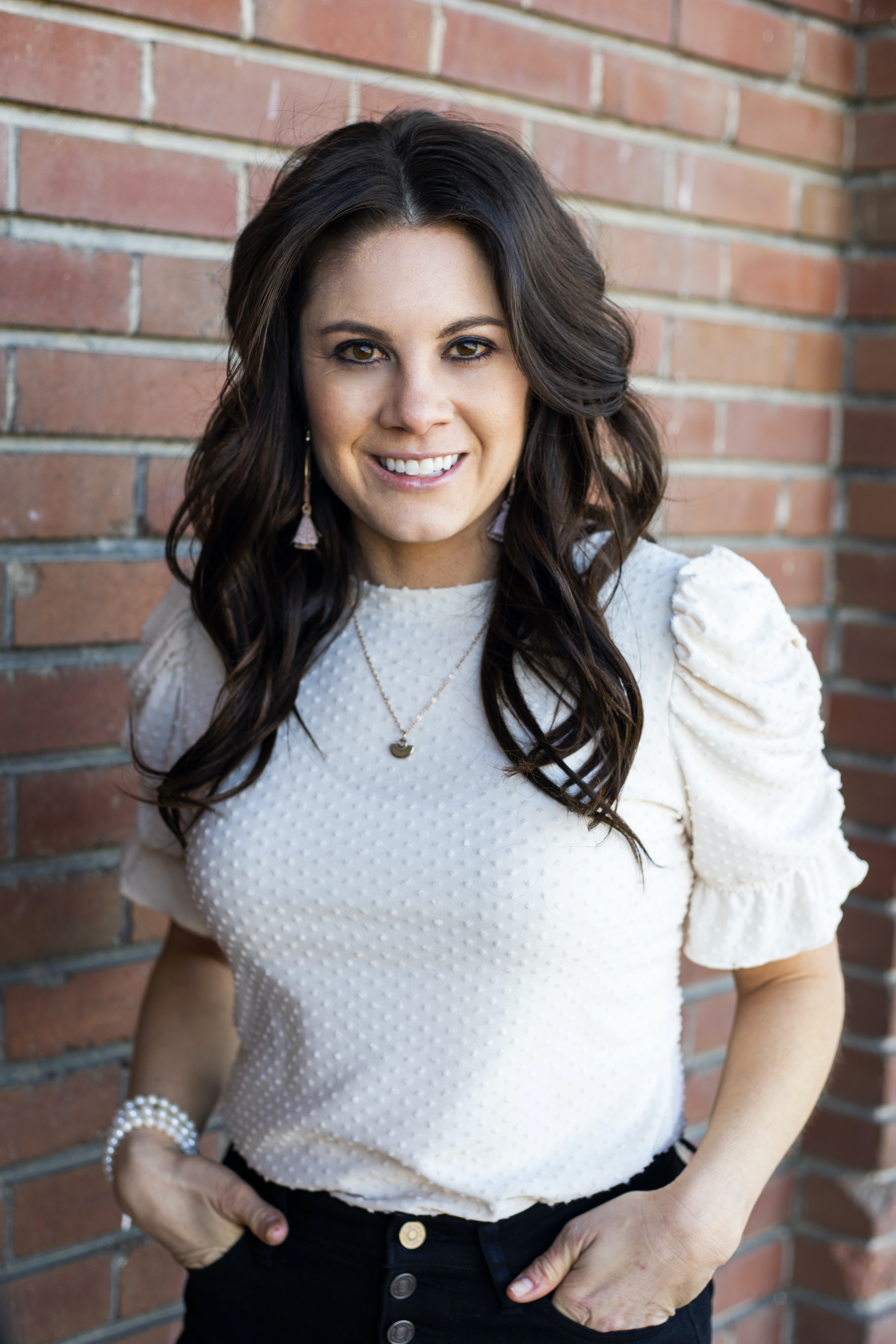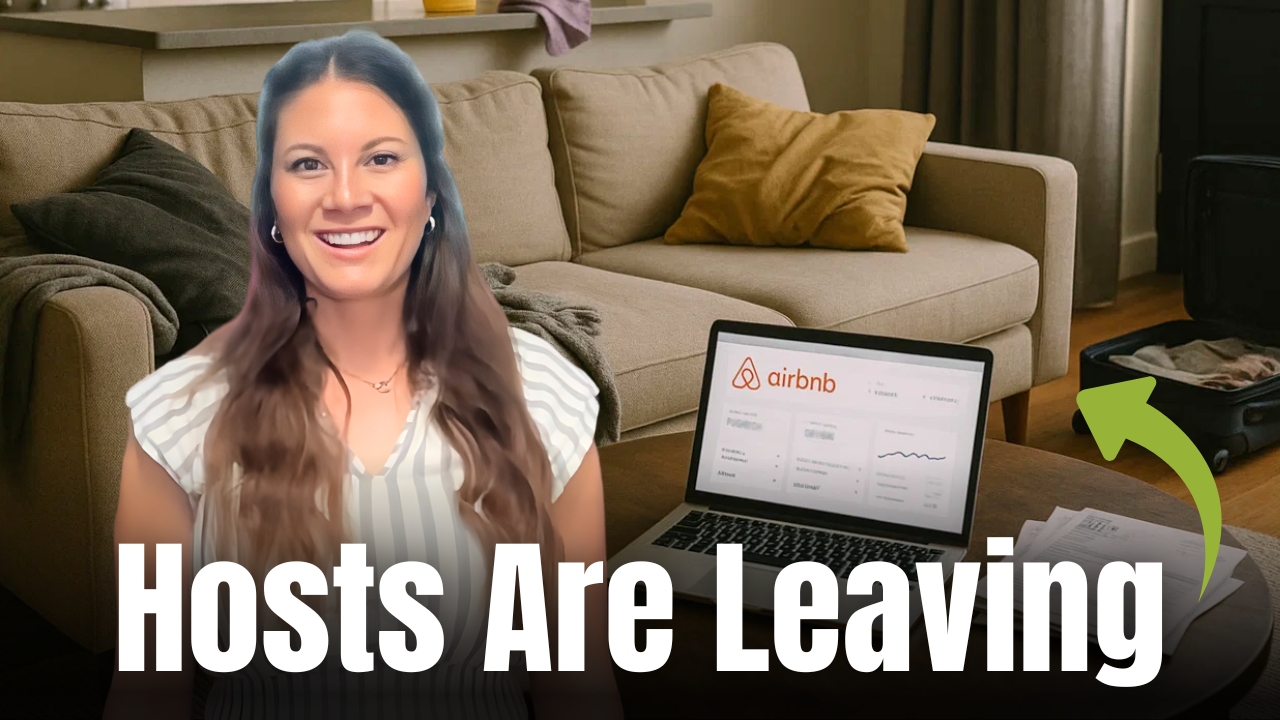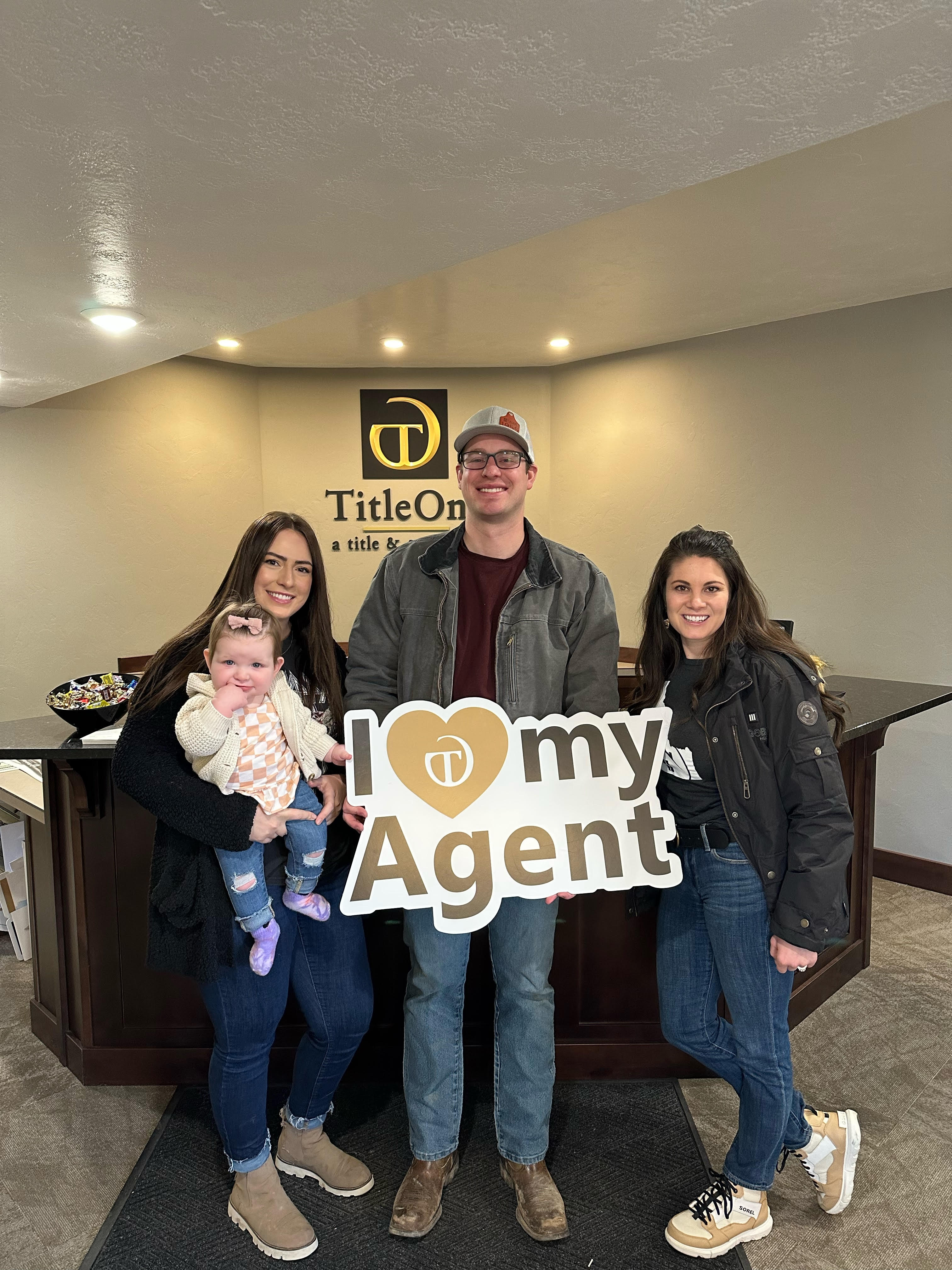Secure the strongest cash offer on your home. Skip the stress, showings and open houses. Get a guaranteed offer on your home today. Get A Cash Offer Now
What are closing costs? Essentially, closing costs refer to the expenses associated with the purchase of a home. They comprise both buyer’s and seller’s closing costs. Buyer’s closing costs typically range from 2.5% to 3% of the home’s purchase price and encompass expenses like appraisal fees, lender fees, taxes, homeowner’s insurance escrow, and recording fees. These costs are essentially monthly loan-related fees.
On the other hand, the seller’s closing costs encompass the Real Estate Commission for both the buyer and seller, as well as the owner’s title policy, 50% of the escrow fee, and other fees. Sellers can expect to cover about 7% of the home’s purchase price in closing costs.
When buyers suggest splitting the closing costs, it’s crucial to clarify whether they mean dividing only the buyer’s closing costs or sharing all the closing costs. If the latter, buyers may end up paying more than they initially anticipated.
Buyers can also incorporate their closing costs into the loan. When making an offer on a house, they can ask the seller to cover their portion of the closing costs (2.5% to 3%). The seller may agree or decline, and real estate agents can provide guidance on negotiating this aspect. Wrapping closing costs into the loan means buyers don’t need to pay them upfront, making it easier on their cash flow.
Sellers, when discussing splitting closing costs, need to specify whether they intend to divide real estate commissions and all closing fees or just cover half of the buyer’s closing costs. It’s essential to clarify these details to avoid misunderstandings.
The next time you mention splitting closing costs, be clear about what you mean to ensure a smooth real estate transaction. If you have questions about this topic or need guidance on your real estate transaction, call or email me. I’m here to help.







